By Eric Fruits, Ph.D.
“We got a full tank of gas, half a pack of cigarettes, it’s dark … and we’re wearing sunglasses.” That line is from the Blues Brothers movie, but it’s an apt description of the Oregon Department of Transportation’s process to impose tolls on I-5 and I-205 all the way from Wilsonville to the Columbia River.
ODOT is gassed up and ready to go with tolling, but they have no idea where they’re going or what they’ll do once they get there.
They don’t know if they want to reduce congestion or maximize revenues. That’s a big question that can have big effects on how much drivers will pay. In particular, it is well known and widely accepted that tolls designed to raise revenues tend to be higher—sometimes much higher—than the tolls needed to reduce congestion.
They don’t know what they’ll do with the money. But, we do know what they won’t do with the money. They won’t be expanding roadway capacity—they’ve made that very clear.
This week, the transportation agency is taking comments on its tolling plan. Cascade Policy Institute will be telling ODOT to halt its tolling plans, step back, and figure out the problem tolls are supposed to solve and whether tolling will actually solve them.
Congestion pricing can be an effective way to reduce traffic jams, while raising money to build new roads. But, a plan that doesn’t reduce congestion and doesn’t build new roads should be a no-go.
Eric Fruits, Ph.D. is Vice President of Research at Cascade Policy Institute, Oregon’s free market public policy research organization.
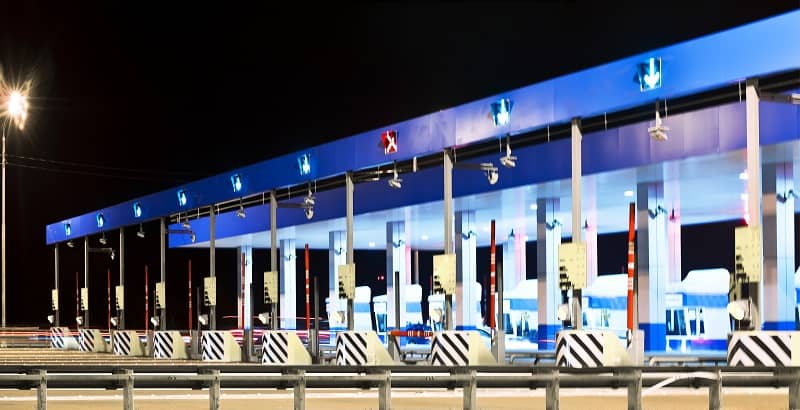
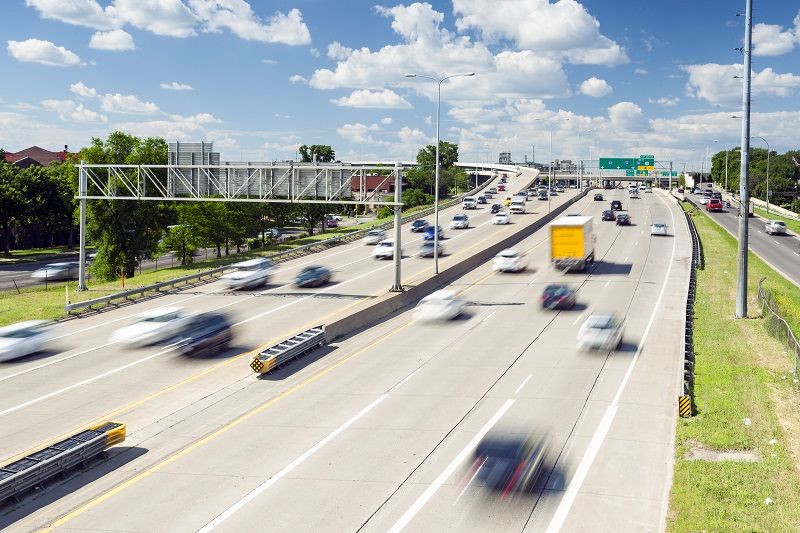
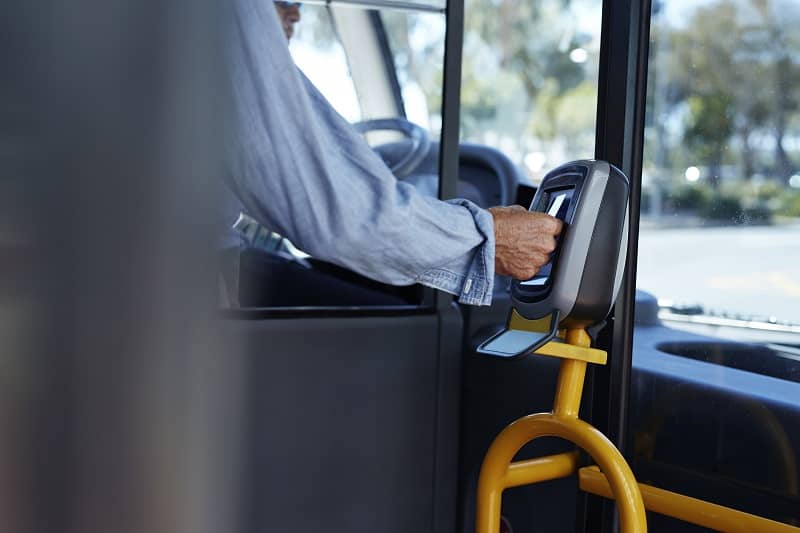
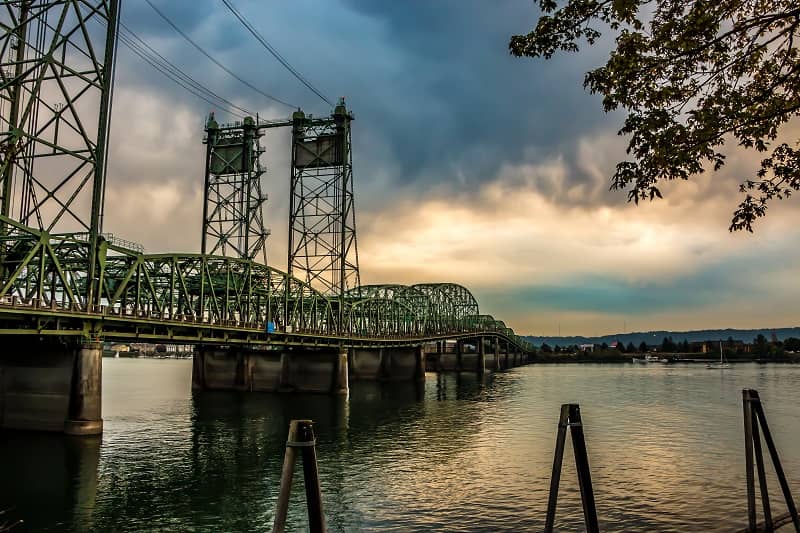
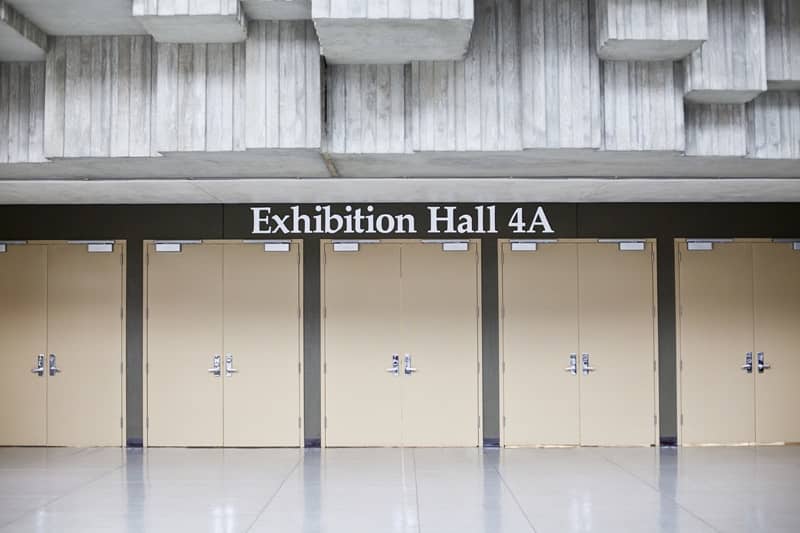

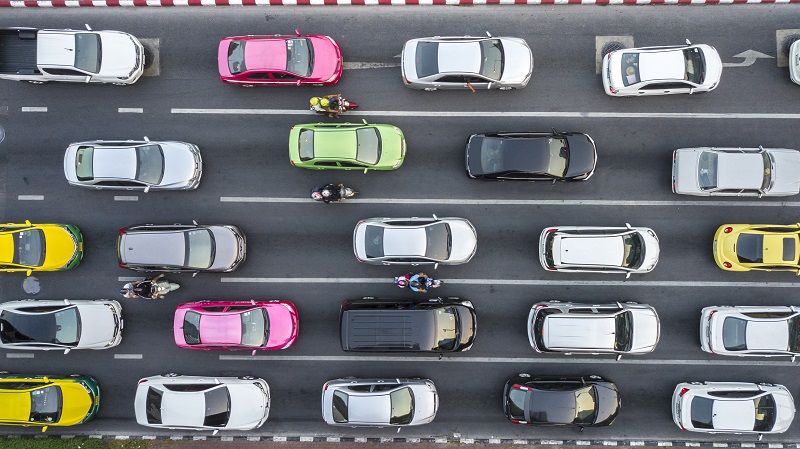

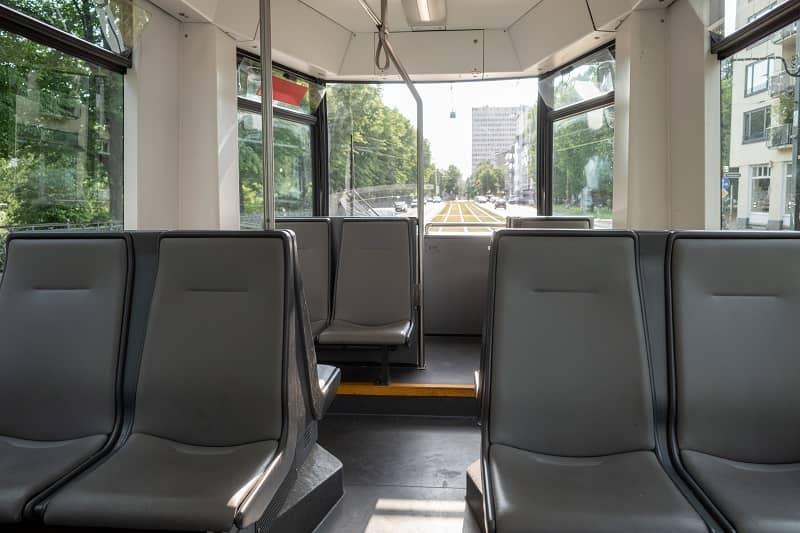
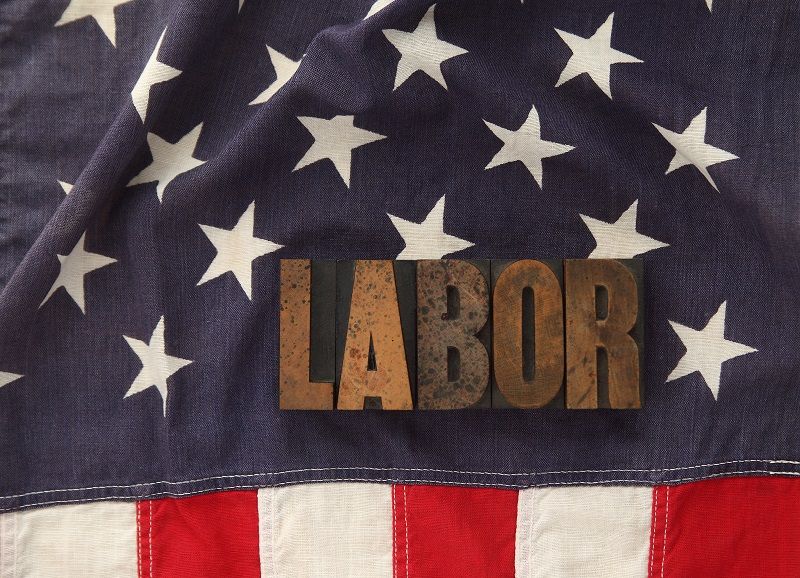



Char Pennie
This is only going to hurt the poor who are dependent on cars to get from Point A to Point B. Many of the folks living out here in Molalla drive into Portland on a daily basis. They don’t have the infrastructure to have public transportation and even if they did they would still be driving. Most of the people out here are in the maintenance industry. Construction, landscaping, etc. We don’t want METRO out here and certainly don’t want toll roads. Why is it that they seem to tax the rich which inevitably is passed on to the poor, but the poor are not smart enough to see this, and now they are going to toll roads, which again will put more burden on the poor than the rich? I would say most of the people working from home and will continue to work from home are making at least $60 thousand a year. While the poor that are making $20 – $40 thousand a year are driving to work each day. If they are taking public transportation that will soon be increased as well. The system is set up to reward the people with money. And Portland wonders why there are so many people who can’t afford housing?? With the increasing property taxes, lower wages and everything else increasing it’s amazing that there aren’t more people living on the street or in their cars.
Dave Farmer
The group I am on the Leadership Committee is Vote Before Tolls IP-4.
We are looking for allies to gain a right to vote locally before tolls are inflicted on us. If we can work together, please let us know. Thanks
Davefarmer15362@gmail.com Or
VoteBeforeTollsIp-4
Or NoTollArmy. Com
Margaret
How do residents comment on this? Is this the tolling plan for the I-5 and the I-205 bridges?